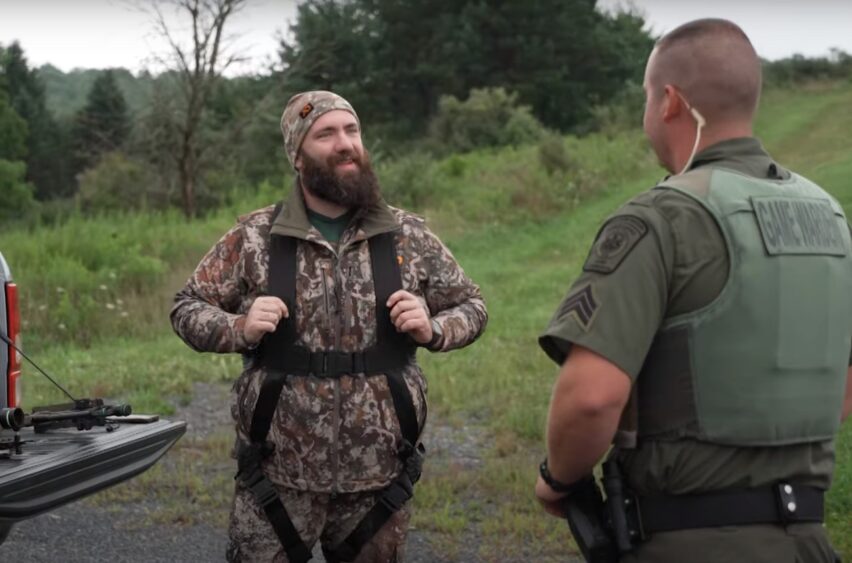Hunting is a tradition that dates back to the very foundation of human society, serving not just as a means for survival but also as a method for wildlife management and conservation.
In the modern era, especially in the United States, the setting of hunting regulations is a carefully managed process.
It ensures the sustainability of wildlife populations, the safety of hunters and the public, and the preservation of natural habitats.
So, who exactly is in charge of setting these important rules?
Key Takeaways
Who Makes the Rules?
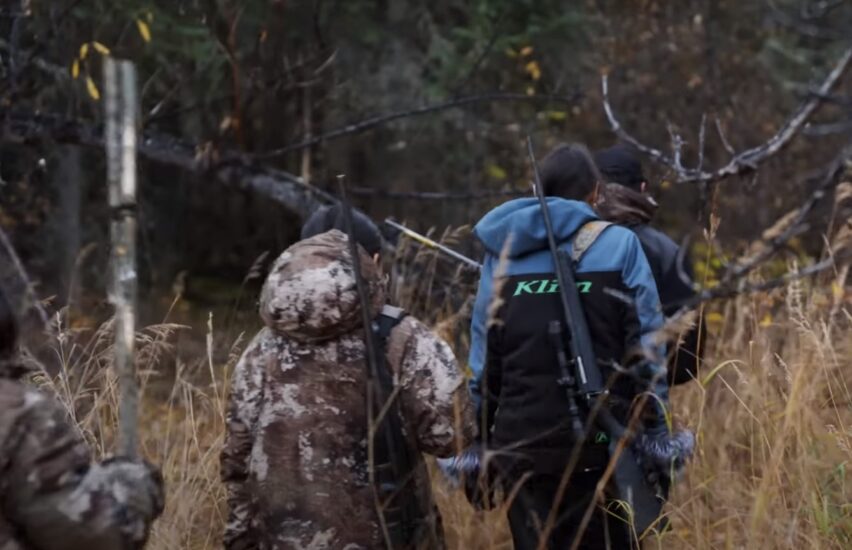
The simple answer is that wildlife agencies in most states are the ones holding the reins when it comes to hunting regulations.
These agencies, often in the form of boards or commissions, conduct public hearings to gather input before finalizing any rules.
Their ultimate goal? To make sure that all hunted animal species are conserved and protected, ensuring they thrive for generations to come.
Why Regulate Hunting?
Regulations serve several key purposes:
- Conservation of species: Making sure that animal populations remain healthy and sustainable.
- Public safety: Ensuring the safety of hunters and non-hunters alike.
- Fair chase: Promoting ethical hunting practices that respect the animal and the environment.
A Peek into History
The concept of regulating hunting isn’t new. States began proposing their own hunting laws as early as the 1850s, with Wisconsin being a pioneer by establishing its first deer season.
The Lacey Act of 1900 marked a significant federal milestone, propelled by the advocacy of President Theodore Roosevelt.
It underscored the need for a cohesive approach to wildlife management across the nation.
How Can You Find Your State’s Regulations?
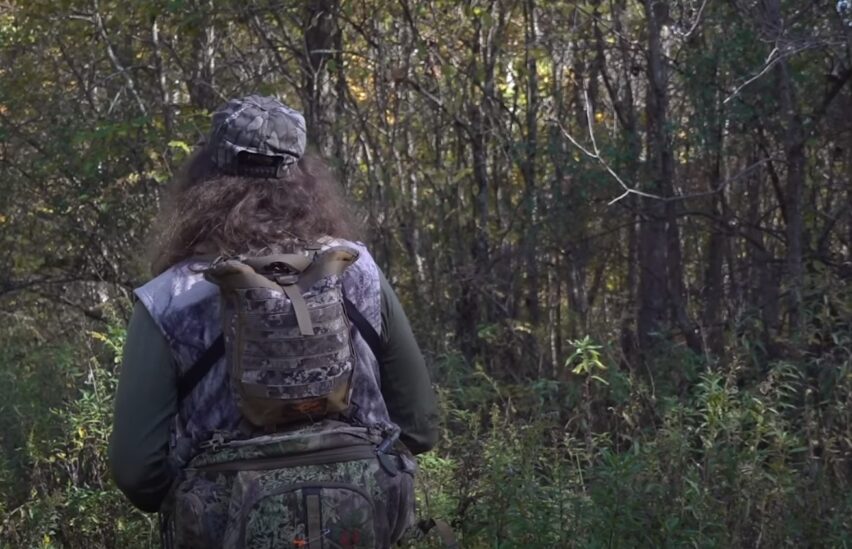
The Go-To Resources
- U.S. Fish & Wildlife Services: Offers a comprehensive guide to state hunting regulations.
- State wildlife agency websites: Provide up-to-date regulations, including for federal lands.
- Annual hunting regulation booklets: Available both online and in print, these are handy references for hunters.
What About Hunter Education?
Hunter education programs, available through Hunter-Ed in partnership with over 45 state agencies, are crucial.
They cover everything from laws and regulations to game identification and responsible firearm handling.
These programs are not just about following the rules; they’re about fostering a culture of safety, ethics, and conservation among hunters.
Why is Hunter Education Important?
- Safety: Reducing accidents and ensuring safe hunting practices.
- Conservation: Teaching the importance of wildlife management.
- Ethics: Promoting responsible hunting and respect for nature.
The Role of Ethics and Conservation
Ethical hunting practices go hand in hand with conservation efforts. Hunters are taught to respect the principles of fair chase, which means pursuing game in a manner that does not give the hunter an improper advantage.
Moreover, ethical hunting supports the long-term sustainability of game populations, contributing significantly to conservation objectives.
Key Conservation Goals
- Sustainable hunting to ensure wildlife populations flourish.
- Protection of natural habitats.
- Support for biodiversity.
When Do Regulations Change?
Regulations are typically set before the start of the hunting season and are designed to respond to the needs of wildlife conservation, population management, and environmental changes.
These rules can vary based on the game being hunted and the specific season, reflecting the dynamic nature of wildlife management.
How Do Agencies Set Regulations?
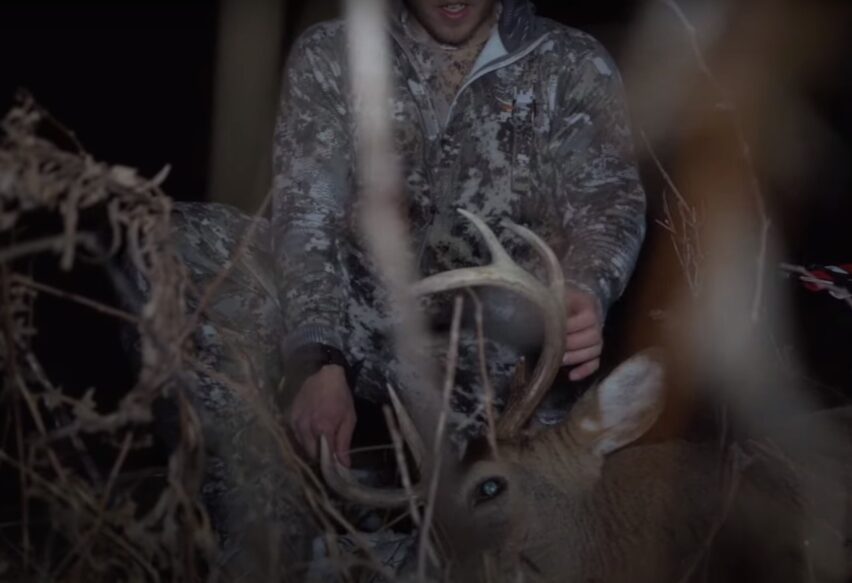
The process of setting hunting regulations involves several steps, including scientific research, population monitoring, and public engagement.
Here’s a closer look at how it’s done:
- Research and Monitoring: Wildlife biologists conduct research and monitor game populations to determine sustainable hunting levels.
- Public Hearings: Agencies hold public meetings to gather input from hunters, conservationists, and other stakeholders.
- Advisory Boards: Expert panels review data and public comments to recommend regulation changes.
- Final Approval: Once a consensus is reached, regulations are updated and published for the hunting community.
The Impact of Regulations on Hunting Techniques and Equipment
Regulations also influence hunting techniques and the use of equipment. By limiting certain methods and tools, agencies ensure that hunting remains a fair and ethical practice.
For example, restrictions on the use of technology like drones or electronic calls help maintain the principle of fair chase.
Sustainable Hunting
Sustainable hunting practices are essential for the conservation of wildlife. Hunters play a crucial role in this by following regulations, participating in conservation efforts, and advocating for ethical hunting.
Agencies encourage hunters to:
- Report Poaching: Illegal hunting undermines conservation efforts and ethical hunting practices.
- Participate in Surveys: Providing feedback on game populations and hunting experiences helps inform management decisions.
- Volunteer: Many agencies offer opportunities for hunters to contribute to habitat restoration projects and wildlife research.
Engaging with Your State’s Wildlife Agency
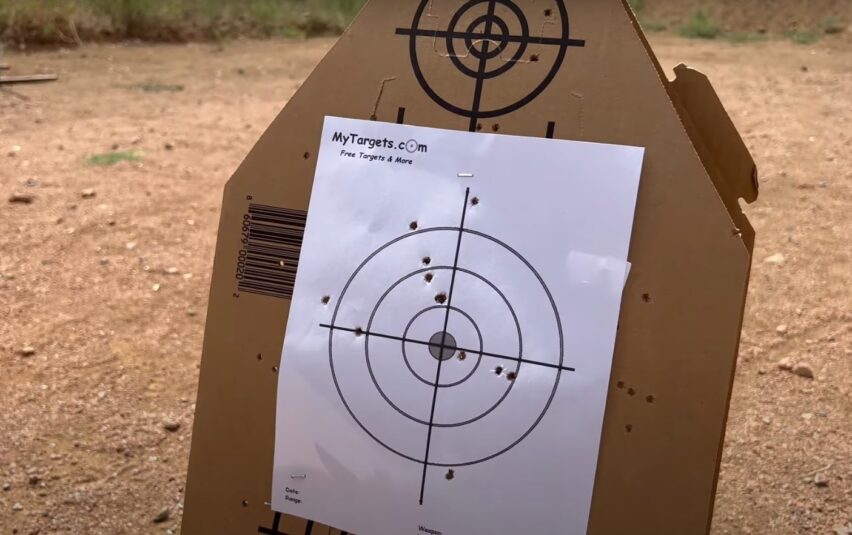
Engagement doesn’t stop at reading regulations. Hunters and conservation enthusiasts are encouraged to:
- Attend Public Meetings: Stay informed and voice your opinions on proposed regulation changes.
- Education and Outreach: Participate in or support programs that educate the public about hunting and conservation.
- Support Conservation Funding: Purchase licenses, tags, and stamps that fund conservation projects and research.
FAQs
Can children participate in hunting?
Yes, children can participate in hunting, but they usually need to be accompanied by a licensed adult and may require completion of a hunter education course.
Do hunting regulations differ for private and public lands?
Yes, regulations can differ between private and public lands, with additional permissions sometimes required for private lands.
Are there specific hunting regulations for endangered species?
Yes, endangered species are protected by law and cannot be hunted. Specific regulations aim to protect these species from any hunting activities.
Can non-residents hunt in a state where they don’t live?
Yes, non-residents can hunt in another state but typically need to obtain a non-resident hunting license and may face different regulations and fees.
How often do hunting regulations change?
Hunting regulations can change annually, based on wildlife population assessments and public feedback. Hunters should check for updates each season.
Is there a penalty for breaking hunting regulations?
Yes, penalties for violating hunting regulations can include fines, revocation of hunting licenses, and, in severe cases, criminal charges.
Final Words
State wildlife management agencies, through their diligent work in setting hunting regulations, play a pivotal role in conservation and ensuring the ethical pursuit of hunting.
These regulations are crafted with the future of wildlife populations, hunter safety, and conservation goals in mind.
For hunters and those interested in wildlife conservation, staying informed about these regulations is not just a legal obligation but a moral one, ensuring that hunting continues to be an activity that respects the natural world and its inhabitants.

